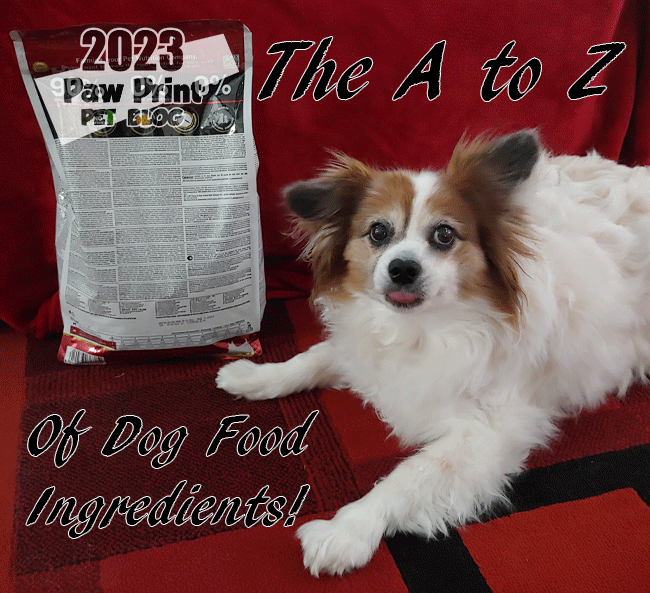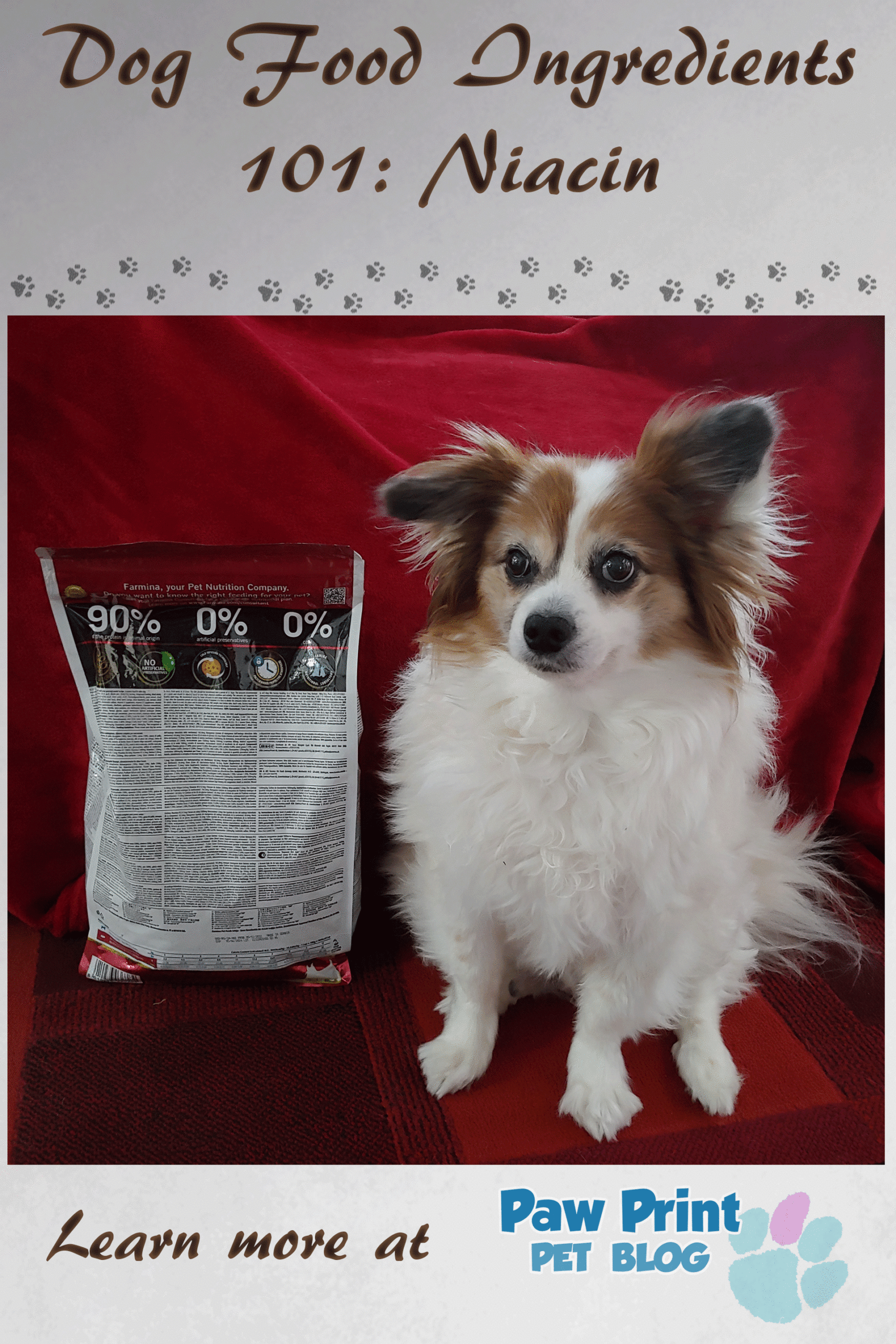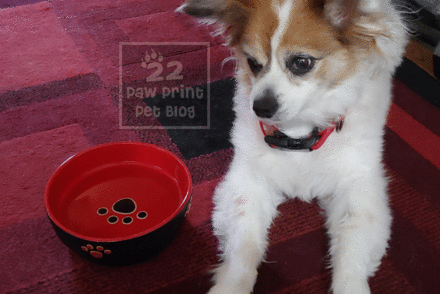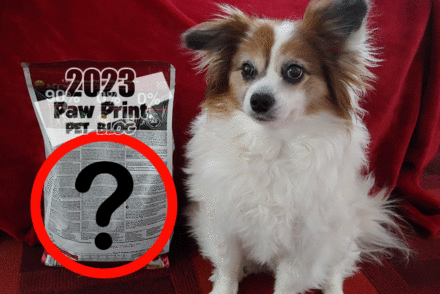 Because your typical commercial dog foods are processed (sometimes quite heavily processed) they lose some of the natural nutrients present in once-fresh ingredients. Heat can improve the digestibility of some foods, but it can also decrease the amounts of nutrients available. For example, the amounts of water-soluble vitamins (C and B), fat-soluble vitamins (A, E, D, and K), and some minerals (magnesium, sodium, potassium, and calcium) are actually reduced when high heat is applied to food. This is one main reason why many pet food companies add additional supplements to their foods. Supplemental nutrients can help make up for what’s lost during processing.
Because your typical commercial dog foods are processed (sometimes quite heavily processed) they lose some of the natural nutrients present in once-fresh ingredients. Heat can improve the digestibility of some foods, but it can also decrease the amounts of nutrients available. For example, the amounts of water-soluble vitamins (C and B), fat-soluble vitamins (A, E, D, and K), and some minerals (magnesium, sodium, potassium, and calcium) are actually reduced when high heat is applied to food. This is one main reason why many pet food companies add additional supplements to their foods. Supplemental nutrients can help make up for what’s lost during processing.
This post is part of our 2023 April blogging from A to Z Challenge! Join us this month as we go through the alphabet, A to Z, learning more about some of the ingredients that are commonly (or not so commonly, in some cases) found in our dog’s food!
Post Contents:
What is Niacin?
People familiar with human nutrition will probably be familiar with niacin. Niacin is important for humans as well as dogs. It’s a water-soluble vitamin, also known as B3. Vitamin B3 is found naturally in foods such as bananas, nuts, seeds, legumes, brown rice, fish, poultry, and red meat. It’s role in the body is to act as a coenzyme. Over 400 enzymes depend on the presence of niacin to complete their functions in the body. Niacin is required to help form cholesterol and fats, create and repair DNA, and convert nutrients into energy. Niacin is essential for your dog’s nervous system, skin, and GI health.
Since niacin is water-soluble, when more than the body requires is taken in the excess is eliminated through urine. Although niacin is more stable than some other water-soluble vitamins, some of this nutrient is lost from foods when they are cooked.

Why is Niacin Added to Dog Food?
Vitamin B3 plays many roles within a dog’s body. While dog’s can actually synthesize niacin for themselves, the amount each dog can synthesize each day varies. Because niacin is water-soluble, it cannot be stored within the body. That, in addition to the fact that niacin, to some degree, is degraded when food is cooked, makes it a smart idea for pet food companies to supplement their foods with additional niacin.
Cons of Feeding Niacin to Dogs:
Dogs receiving niacin from food sources are unlikely to overdose. Any excess niacin obtained through food or synthesized by the body is normally eliminated through the urine. Dogs supplemented with additional, high dose, niacin, or who accidently consume too many supplements or human vitamins may, rarely, experience niacin toxicity. In rare cases chronic niacin overdose can lead to side effects such as ulcers, GI upset, and liver damage.
Benefits of Niacin for Dogs:
Dog’s require niacin to preform a wide array of body functions. An average dog requires 13 mg of niacin daily. Luckily, because it is present in many foods and often supplemented in commercial dog foods, deficiency is rare. Niacin deficiency is sometimes referred to as “black-tongue”. It causes symptoms such as anorexia, weight loss, GI upset, redness and inflammation of the mouth, and can eventually lead to death. Among other things, vitamin B3 is responsible for the following:
- Maintaining a healthy metabolism.
- Niacin helps break down fatty acids.
- The proper break down of these fats can improve skin and fur health.
- Niacin is required for the creation of energy within the body.
- It also helps support cognitive function.
- Niacin promotes proper hormone synthesis, which plays many important roles within their bodies.
- It promotes hormones that help the kidneys function properly.
- Niacin is involved in the release of corticosteroids, which help your dog better deal with stress.
- Niacin is required for the production of growth hormones, especially important for growing puppies.
- Niacin also controls the production of stomach bile and acids.
- It promotes optimal pH levels within the digestive tract.
So What’s the Verdict on Niacin? Is it Safe as a Dog Food Ingredient?
Niacin is a necessary nutrient for dogs. Luckily, overdose is very rare and is not normally seen. Niacin is commonly found in foods such as fish and meat, so it’s not common for dogs to be deficient in in. However, some dog food companies choose to add additional supplemental niacin to their recipe. This may help make up for any of the vitamin that is lost when the food is processed. Additional niacin obtained from food sources that’s not needed by the body is eliminated through the urine, normally within 24 hours after it is consumed. Niacin, or vitamin B3, is safe for dogs in the amounts that it would be found in dog food.

We’ve, unfortunately, been dealing with content scrapers stealing our articles lately. You shouldn’t be seeing this article on any site other than pawprintpetblog.com! If you’re reading this article on any other site, we’d love for you to take the time to contact us and let us know and, if you have the time, stop by and visit us on our official site! Thanks you.




No Comments